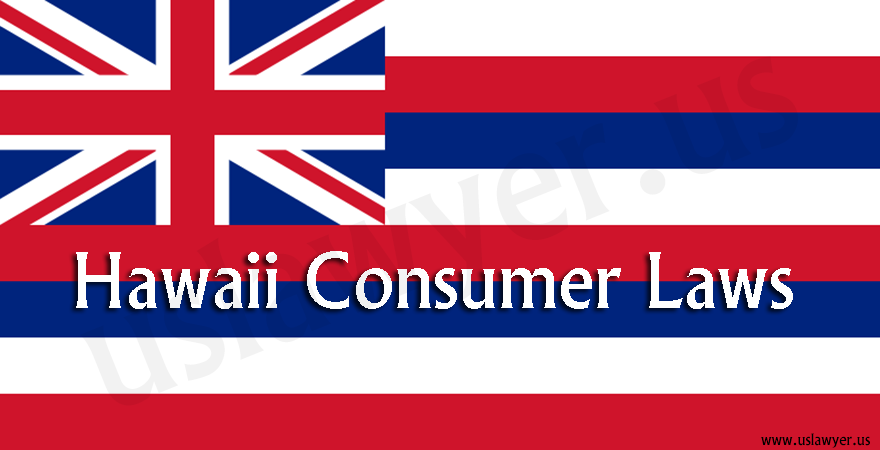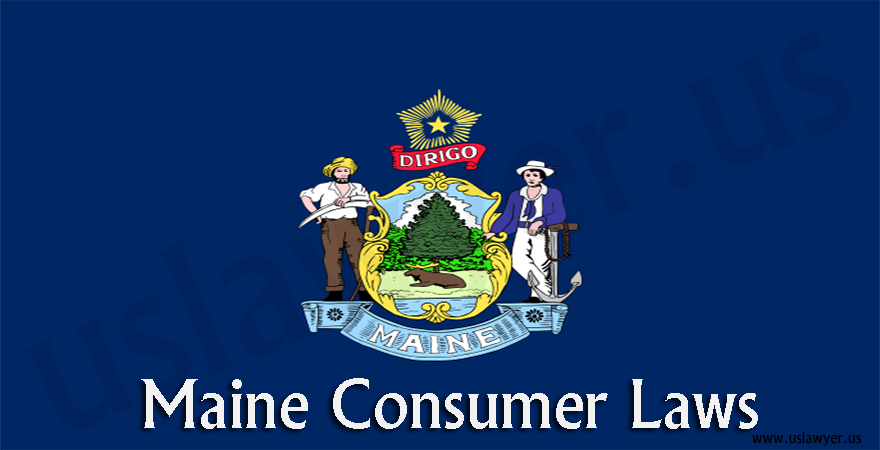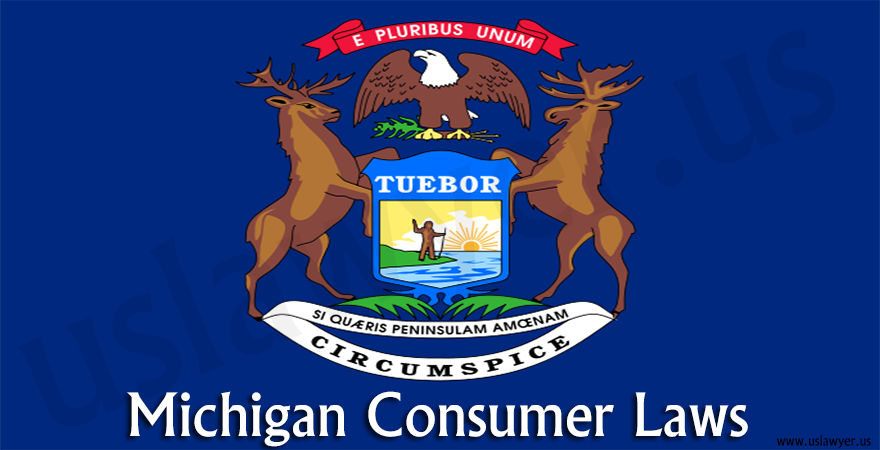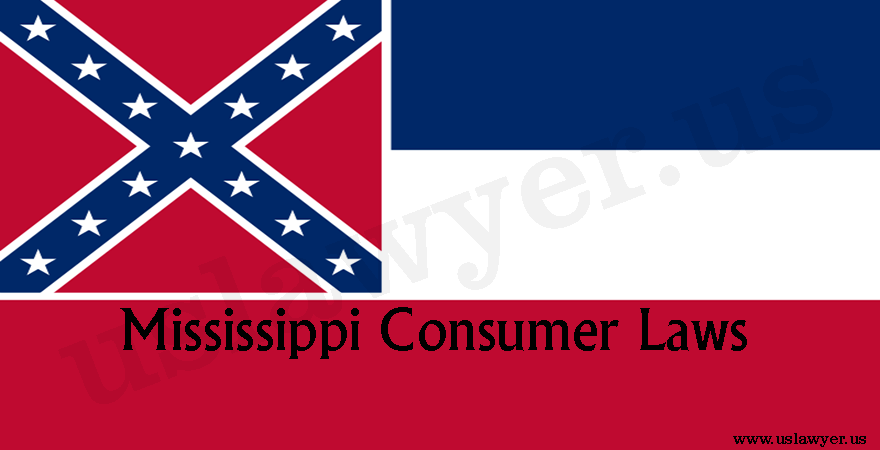Consumer Law
- Alimony
- Annulment
- Auto Accident
- Bankruptcy
- Breach of Contract
- Child Custody
- Child Support
- Civil Suits
- Consumer Law
- Criminal Charges
- Debt Settlement
- Discrimination
- Divorce
- Domestic violence
- DUI-DWI
- Employer/Employee Issues
- Family
- Foreclosure
- Identity Theft
- Immigration
- Insurance Claim
- IRS/Tax
- Landlord/Tenant
- Lemon
- Litigation
- Medical malpractice
- Mesothelioma
- Personal Injury
- Real Estate
- Small Business
- Social Security
- Social Security Disability Insurance
- Traffic ticket
- Traffic Violations
- Visitation Rights
- Wills Estates and Trusts
- Workers Compensation
- Wrongful Job Discharge
Consumer law has to deal with consumers, i.e., an individual who purchases goods or services that are put up for sale by manufacturers, retailers, or wholesalers.
Consumer law refers to the statutes and regulations involved in the struggle to create an equitable balance for consumers when making purchases. Also, it prevents sellers from making use of dishonest tactics when they are selling.
This law allows consumers to fight back against business practices that have become abusive.
Both state and federal laws are involved in regulating consumer laws.
These laws perform several functions that range from protecting the customer’s identity information to imposing safety measures for the products and taking steps to disallow false advertising and more.
There are some essential terms in Consumer Law, and they include:
Consumer Protection Laws:
These laws have been designed to protect consumers from unfair trade and credit practices, such as dangerous goods or dishonest tactics.
Warranty
These are implied promises regarding a product or service that ensures its standard or quality is acceptable.
Consumer Goods
These are the goods or services purchased by an individual for either personal use or that of a household.
Equal Credit Opportunity Act
The Equal credit opportunity act refers to the federal law prohibiting creditors from discriminating against applicants due to their race, color, sex, age, religion, national origin, or marital status.
Consumer Product Safety Commission
This refers to a federal agency establishing product safety standards to reduce the risk of injury to consumers by the products they purchase.
Magnuson-Moss Warranty Act
This refers to a federal law stipulating that the warranties placed on consumer goods should be fully and readily disclosed in languages that are easy to understand.
Not all states in the US permit self-help services. Every information available on the site is not legal advice and does not represent an attorney referral service. If you need legal advice, you should contact a licensed attorney. Also, the site does not promote any attorney-client or confidential relationship. All lawyers listed in this website are paid listings. Your use and access of this website is subject to Supplemental Terms.










